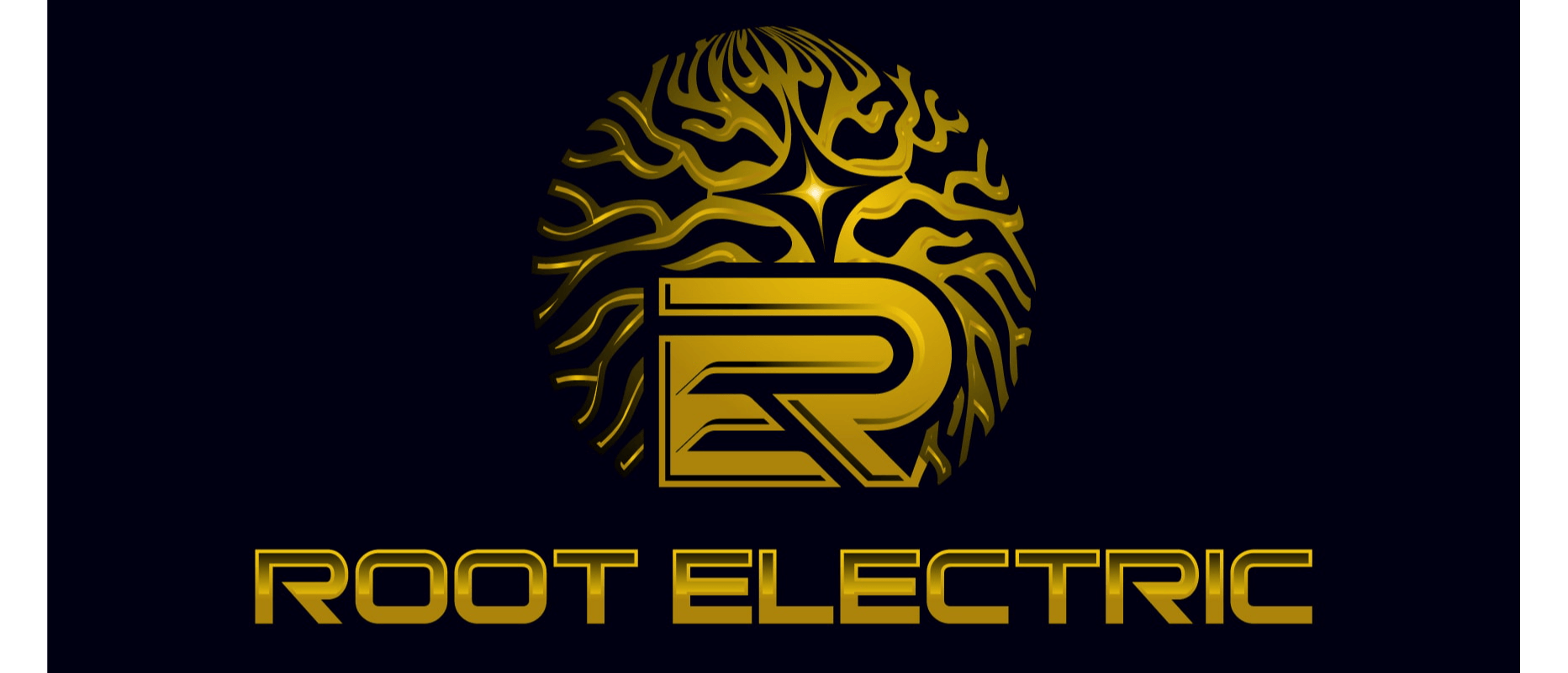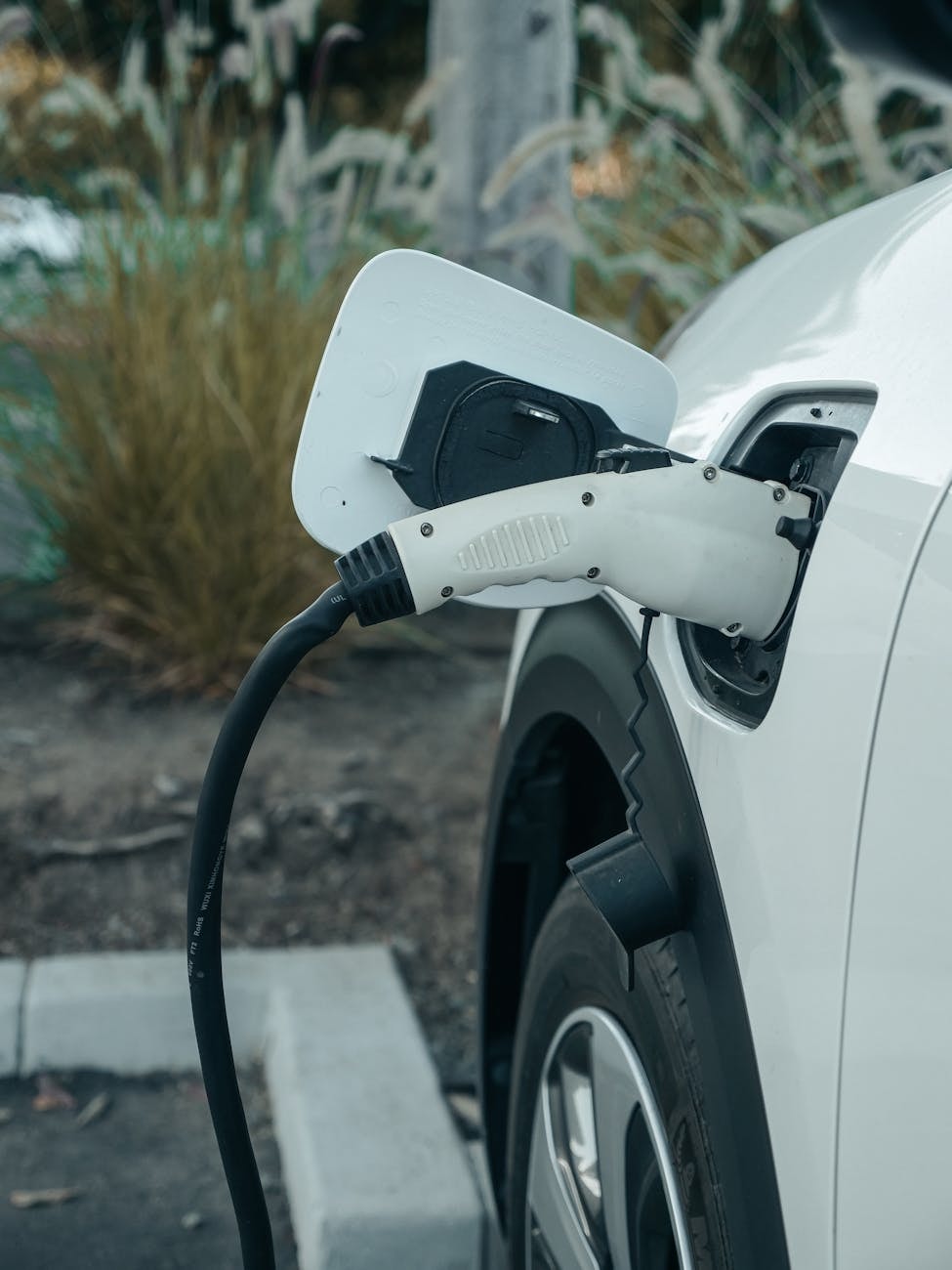EV Chargers: The Ultimate Guide for Electric Vehicle Owners
Navigating the world of EV chargers is easier than you think. With some knowledge, you’ll soon master the art of keeping your electric vehicle ready for any adventure.
They serve as the lifeline that ensures your vehicle is ready for any journey.
Types of EV Chargers
In the world of electric vehicles, a myriad of charging options exist, differentiated by power output and charging speed. Level 1 chargers, utilizing a standard 120-volt outlet, provide a slow but steady charge often suitable for overnight use. Conversely, Level 2 chargers, which connect to a 240-volt outlet, charge significantly faster and are ideal for home installations. For those needing rapid charging, DC Fast Chargers deliver high power in a short time frame, though they are typically found in commercial settings. Each type caters to different charging needs and infrastructures, ensuring that there's a suitable solution for every EV owner.
Level 1 Chargers
Level 1 chargers operate on a standard 120-volt household outlet—making them the most accessible charging solution for home use.
Charging your EV overnight with a Level 1 charger can replenish 40-50 miles.
Ideal for homeowners in Parker, Colorado, these chargers are a cost-effective entry point into the world of electric vehicle charging, allowing you to utilize existing electrical infrastructure without the need for upgrades.
Despite their slower charging speed compared to Level 2 chargers, Level 1 chargers are particularly beneficial for those who have daily commutes within the range they replenish overnight, ensuring your vehicle is ready each morning.
Level 2 Chargers
Level 2 chargers offer a significant enhancement over Level 1 chargers by operating on a 240-volt circuit.
For homeowners in Parker, Colorado, this means faster charging times, typically replenishing 25-30 miles per hour, depending on the vehicle model.
These chargers often require professional installation due to the need for a dedicated 240-volt outlet, similar to what is used for major home appliances like electric dryers.
They are ideal for those who drive more frequently or have longer commutes, providing the peace of mind that your electric vehicle will be fully charged in a matter of hours rather than overnight. Many Level 2 chargers come with smart features, including Wi-Fi connectivity, scheduling options, and energy monitoring, which can help manage household energy use efficiently.
DC Fast Chargers
DC Fast Chargers, also known as DCFC or Level 3 chargers, are the pinnacle of rapid electric vehicle (EV) charging technology.
Unlike Level 1 and Level 2 chargers, they use direct current (DC) to charge the battery.
Typically, DC Fast Chargers can replenish an EV battery up to 80% in just 20-30 minutes. This makes them ideal for quick top-ups during long trips or when you're short on time.
For Parker, Colorado homeowners, access to DC Fast Chargers brings unparalleled convenience if installed nearby, particularly at commercial locations, or it is a viable solution in public charging infrastructure. These chargers are essential for long-distance EV travel, providing significantly reduced waiting times and promoting the adoption of electric vehicles.
Installation and Costs
Installing a home EV charger in Parker, Colorado, involves a detailed evaluation of your electrical system, which may require upgrades. Professional electricians can ensure the installation meets local codes and safety regulations, providing peace of mind. Generally, the costs range from $500 to $2,500, accounting for both the equipment and labor. Be mindful that rebates and incentives may be available to offset these expenses, making the transition to electric vehicles more affordable.
Home Installation
Installing an EV charger at home in Parker, Colorado, demands thorough planning and expert execution to ensure safety and compliance.
• Choose a location: Ideally, near your parking space for convenience.
• Check electrical capacity: Assess if your electrical panel can support additional load.
• Hire a licensed electrician: Ensure compliance with local codes and safety regulations.
• Obtain permits: Secure necessary permits from local authorities.
• Select an appropriate charger: Based on your vehicle's specifications and driving habits.
Expert installation from mitigates safety risks and ensures optimal performance. Leverage possible rebates and incentives to reduce costs. High-quality installation can increase property value and provide long-term savings on fuel costs.
Public Charging Fees
In Parker, Colorado, understanding public charging fees is essential for managing the cost of operating an electric vehicle (EV).
Since 2016, numerous public charging stations have been established, including fast chargers that typically incur higher usage fees compared to standard chargers. While some charge by the minute, others might charge per kilowatt-hour (kWh).
It's crucial to note that charging fees vary depending on the provider and the charging speed. For instance, fast chargers may charge up to three times more per kWh than slower Level 2 chargers. You can often find fee details using charging network apps, which offer membership programs that reduce per-session costs. Plan your charging sessions to align with these memberships for cost efficiency. Strategize your charging habits and take advantage of off-peak pricing to save on public charging fees significantly.
Incentives and Rebates
Significant incentives and rebates exist. Federal, state, and local governments offer various incentives. These incentives aim to ease the financial burden of installing EV chargers, making it an attractive option for homeowners. Specifically, federal tax credits can cover up to 30% of the installation cost, capped at $1,000. State-specific incentives exist.
In Colorado, the state government provides additional rebates. For instance, the Colorado Energy Office offers grants to reduce installation costs even further, showcasing a proactive approach to fostering sustainable energy practices.
Finally, local utility companies often provide incentives through rebate programs. For example, the Xcel Energy and Black Hills Energy rebate programs can significantly offset installation costs through cash-back offers, enhancing the economics of transitioning to EVs.
Charger Compatibility Charger compatibility is a critical aspect to consider when investing in an EV charger. The primary types of connectors include the J1772, used by most electric vehicles in North America, and the CHAdeMO, which is common for certain Asian manufacturers like Nissan. Tesla uses a proprietary connector but provides adapters for compatibility with J1772 chargers. Always verify that your EV charger matches your vehicle's requirements before installation.
Connector Types
When discussing EV charger compatibility, connectors matter.
The main types of connectors for electric vehicles in North America are the J1772 and CHAdeMO. The J1772 connector is a widely adopted standard for Level 1 and Level 2 charging, offering compatibility with most EVs. Conversely, the CHAdeMO connector is prominent among certain Asian manufacturers. Tesla utilizes its proprietary connector.
Tesla owners aren’t limited, as adapters enable compatibility with J1772 chargers. This flexibility ensures that Tesla vehicles can seamlessly connect to a broader range of charging stations across North America. The Combined Charging System (CCS) is another vital connector, particularly for newer EV models offering Level 3 fast charging capabilities. Its design incorporates the J1772 connector for AC charging along with additional DC pins for rapid charging, making it a versatile option for higher-powered charging needs. Understanding these connectors helps in selecting the right EV charger to suit specific vehicle requirements.
Vehicle Compatibility
Ensuring compatibility between your electric vehicle (EV) and available charging infrastructure is crucial for seamless usage.
- J1772: Standard for Level 1 and Level 2 charging; compatible with most EVs in North America.
- CHAdeMO: Popular among certain Asian manufacturers; suitable for fast charging.
- Tesla Proprietary Connector: Exclusive to Tesla vehicles but can be adapted to J1772 chargers.
- Combined Charging System (CCS): Integrates J1772 for AC charging and additional DC pins for Level 3 fast charging.Confirming connector type is essential in selecting an appropriate EV charger. Adapters facilitate broader compatibility, especially for Tesla owners utilizing J1772 chargers.
Future-Proofing
Investing in future-proof EV charging infrastructure ensures long-term usability and flexibility for evolving technology.
- Install a Robust Electrical Panel: Upgrade to at least a 200-amp panel to accommodate future high-power charging stations.
- Choose Universal Chargers: Opt for EV chargers that support multiple connector types, such as CCS and J1772.
- Plan for Multiple EVs: Design your setup with additional circuits to charge more than one vehicle simultaneously.
- Integrate Smart Technologies: Use smart charging systems that can be updated remotely for enhanced features and compatibility.
- Consider Solar Integration: Plan for future integration with solar power to enhance energy efficiency and sustainability.Future-proofing grants flexibility, ensuring your charging setup remains relevant as technology advances. An adaptable setup offers ease of transition as electric vehicle technologies evolve.
Wisely planned infrastructure can save substantial future upgrade costs and installation efforts.
Charging Tips and Best Practices
Properly maintaining your EV charger not only extends its lifespan but also ensures efficient charging. Regularly inspect connections, clean components, and update software to avoid potential malfunctions, ensuring your charger operates at peak performance.
Adhering to optimal charging routines can significantly enhance battery longevity. Aim to keep your charge level between 20% and 80% to reduce stress on the battery.
Charging Speed Optimization
Optimizing charging speed is crucial for maximizing the efficiency and longevity of your electric vehicle (EV). Several factors influence charging times, including charger type, battery size, and state of charge. Firstly, understanding the difference between Level 1, Level 2, and DC fast chargers is essential. Level 1 chargers use standard home outlets but charge slowly.
Alternatively, Level 2 chargers require a 240-volt outlet, providing significantly faster charging. DC fast chargers, however, are typically the quickest charging options available.
Nevertheless, it's vital to ensure your EV's system is compatible with the charger's power output. This reduces potential wear and tear on the vehicle's battery. Furthermore, maintaining an optimal battery temperature during charging can prevent overheating, which negatively impacts charging speed. EV owners should consider ambient temperature and charging location. Lastly, utilizing smart charging systems allows dynamic adjustment of charging speed based on grid demand. This not only optimizes charging but also supports grid stability and can reduce overall charging costs.
Battery Health Maintenance
Maintaining battery health is critical for the longevity and efficiency of your electric vehicle (EV). Firstly, avoid exposing your EV battery to extreme temperatures, both hot and cold, as these can significantly reduce its overall lifespan. Parker, Colorado, homeowners should consider parking in shaded areas during the summer and using garage spaces in winter to mitigate temperature fluctuations. Secondly, it's advisable to refrain from frequently charging your EV battery to 100%. Instead, aim to keep your charge level between 20% and 80%, which helps in preserving the battery’s capacity over time. Moreover, using a smart charging system can enhance battery health by optimizing charging cycles. This intelligent technology adjusts charging speed according to battery condition and ambient temperatures, ensuring a balanced and efficient charging process.
Safety Precautions
Ensuring safety while installing and using EV chargers should be a top priority for homeowners in Parker, Colorado.
- Professional Installation: Hire a certified electrician to install your EV charger to ensure it meets local electrical codes.
- Proper Grounding: Verify that the charging station is properly grounded to avoid electrical hazards.
- Regular Inspections: Schedule periodic inspections and maintenance to keep the charger functioning safely.
- Ventilation: Ensure adequate ventilation to prevent overheating of the charging equipment.
- Moisture Protection: Install the charging station in a dry location to protect it from moisture and potential short circuits.Adhering to these safety measures can prevent accidents and prolong the life of your EV charging equipment. Never ignore manufacturer guidelines; they are specific to each system and crucial for safe operation.
Incorporating these precautions will help maintain a secure and efficient charging environment. https://www.caranddriver.com/features/a40967967/electric-vehicle-charging-guide/


